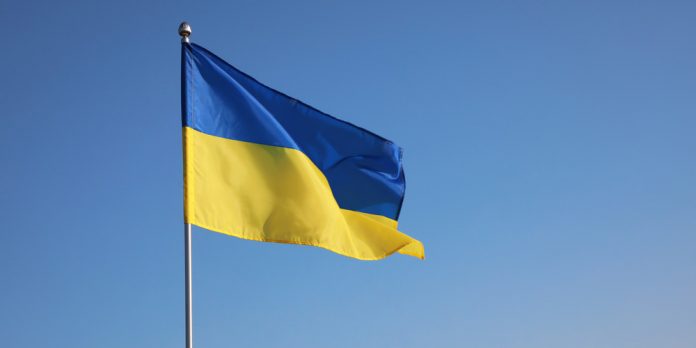Regular columnist Martin Lycka reflects on the recent military action in Europe and how the conflict in that area of the world has shaped his life.
Having covered the 2022 Gambling Regulatory Olympics last month, I planned on dedicating this month’s column to another upcoming prime time sporting event, namely March Madness. I would have used the popular moniker to help decipher the impact of the tidal wave of regulatory proposals that have lately surged throughout the Americas, literally from Brazil to Hawaii. Yet, tragically, another type of madness has befallen the region that my Gulliver-like globe-trotting notwithstanding remains extremely close to my heart, namely Central and Eastern Europe.
I am by no means a military or geopolitical expert; this rather personal piece is mainly intended to help explain what my people, i.e. “Mitteleuropeans”, feel when a threat is coming from the East, no matter where they might happen to be.
Born in Czechoslovakia, I recall stories of both of my parents about having woken up to the sight of tanks and armored vehicles on the streets in the summer of 1968 when Czechoslovakia was invaded by the so-called “befriended” socialist nations, led by the Soviet Union. At that time, i.e. deep into the Cold War, there was not much, if any, scope to push back.
Yet, the Czechoslovaks took to the streets to protest against the occupation, and nine months later the Czechoslovak ice hockey team famously beat the Soviet Union team twice at the 1969 Ice Hockey World Championship. It did not matter they had missed out on winning the title. They came back home to a hero’s welcome. The price to pay was 23 years of having to suffer an unpleasant presence of a foreign military power on our soil as the “befriended” armies left only after the so-called Velvet Revolution in 1991.
Similar to Czechoslovakia, Hungary was invaded following an uprising in 1956; tanks rolled in and many people were forced to flee, amongst them a young man and his wife who having reached the safe haven of Basel, Switzerland would with the passage of time become good friends with my father. 45 years later I had the utmost privilege and pleasure to have spent a summer with them while being on an internship in a chemical lab of all places.
Their odyssey through the Iron Curtain has been fraught with hardship and difficulties, ranging from the lack of knowledge of any “Western” language to inexperience with what on the other side of the Curtain had by then become basic commodities, such as bananas – I hope they’ll forgive me from the better place they’re in now for revealing that the first-ever banana they had come across they ate in full, i.e. with the skin.
Fast forward those 45 years and you would have met a fully Westernised elderly couple who given the geographical location and language complexities of Basel knew their way around three countries and two languages, on top of their mother tongue. The recent occurrences, I reckon, have demonstrated that it is more important than ever for these stories to be retold. The pandemic, combined with the terrible developments in Ukraine, have upended our comfortable lives and uprooted the previously existing certainties. At the risk of sounding rather cheesy, the world will never be the same again. And yet, there is hope and a role to play for all of us.
The gambling industry, despite what some of its critics would lead us to believe, is a great place to work replete with smart and hard-working people. It has personally given me a lot – I have gone from being a freshman who arrived in London all those years ago with not much more than a dime to his name and not a great understanding of the cockney twang to SVP-ing for one of the world’s largest gaming operators on the other side of the pond.
Every now and then it still feels unreal. However, what does feel real and beyond admirable is to have witnessed how this industry had come together to express its support, both vocally and financially, to help stop the madness in the East and provide for those who are suffering its consequences. Hats off to everyone who will have contributed. I genuinely hope, and pray, that next time I’m writing these lines it will all have been over and that I will be able to plug the madder part of my brain back in to produce yet another jokey tale of mine, without however forgetting that the path to recovery will be very long. Speak in better times.
Organizations within the gaming industry have been working together on a major fundraising push to help people displaced by the current military action in Ukraine.
The Gaming Industry for Ukraine initiative aims to raise £250,000 to support Choose Love’s Ukraine Crisis Fundraiser, which supports projects providing vital aid to the refugees that are being created by Russia’s incursion into Ukraine.
To make a donation to the Gaming Industry for Ukraine campaign visit https://www.gofundme.com/f/kjuwn-gaming-industry-supporting-ukraine-relief.














